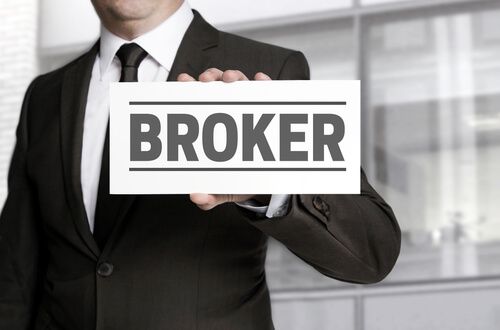Are you planning to sell or buy a business? This must be one of your toughest tasks, especially if you’ve never sold or bought a business before. However, this shouldn’t be the case if you hire a business broker.
Business brokers are trained professionals who facilitate the purchase or selling of businesses. If you hire a business broker when selling a business, they will value your business, market it, do buyer prequalification, and help you to close the deal. On the other hand, hiring a business broker when buying a company will take away the stress of searching for the ideal business. The business broker will do all the heavy lifting and present you with viable options.
So, what does a business broker do?
From the above definition, a business broker helps people sell or buy businesses. Business brokers act as the middleman between the seller and the buyer. This is what you should expect from your business broker.
Taking care of the due process can lift off the burden from you. In addition, Business Broker, Orlando ensures that the entire process is very smooth, and will take away any unwanted stress and pressure from you during the whole process. Now, since you know what a business broker does, let’s look at what they do in detail.
Business valuation
The first thing that your business broker will do is to value your business. This is the only way to know how much your business is worth in the market. There are different methods that business brokers use to value companies, but the most common ones include:
- Asset valuation – in this method, the business broker calculates the value of all the assets your company owns and subtracts any debts and liabilities. This will give you the net asset value of your company, which is what potential buyers are interested in.
- Market valuation – the business broker, finds out how much similar businesses have been sold for recently. They also compare these companies with yours to determine how much yours is worth.
- Income valuation – in this method, the business broker calculates the present value of all the future income your company is expected to generate.
Once the business broker values your business, they will help you develop a competitive selling price.
Marketing your business
After coming up with the selling price, your business broker will do the next thing to market your business. They will use different marketing strategies to ensure that as many potential buyers as possible are aware of your company. The aim of this is to create demand for your company so that you can get multiple offers and ultimately sell them at a higher price. Business brokers’ marketing strategies include online and offline advertising, direct mail campaigns, holding open houses, and networking.
Pre Qualifying buyers
Before showing your business to potential buyers, the business broker will pre-qualify them. This means that they will ensure that the buyers have the financial capability to buy your company. They will also do a background check on the buyers to ensure they are legitimate and not just window-shopping. This is an important step because it will save you time and energy by only showing your business to qualified buyers.
Negotiating with the buyer
Once a buyer has been found and prequalified, the business broker will negotiate on your behalf. This means that they will ensure that you get the best deal possible. They will also protect your interests during the entire negotiation process. This is an important step, as it can mean the difference between selling your business for a good or bad price.
Maintaining confidentiality
The business broker will also maintain confidentiality throughout the entire process. This means that they will not reveal your identity to the buyers until you have agreed to do so. This is important because it allows you to keep your business running as usual and prevent unnecessary disruptions.
Help with the paperwork
Another thing that your business broker will do is help you with all the paperwork. This includes preparing and filing all the necessary documents, such as the sales contract, disclosure statement, and escrow instructions.
This is an important step because it ensures that everything is done correctly and legally. It also helps to avoid any delays or problems during the sale of your business.
Providing buyer financing
If the buyer does not have the cash to buy your business, the business broker can help to provide buyer financing. This means that they will help the buyer get a loan from a bank or other financial institution. This is a great way to help the buyer get your company and helps to speed up the sale process.
Closing the deal
Once all the paperwork has been filed and the buyer has been approved for financing, the business broker will help close the deal. This means that they will coordinate with all the parties involved to ensure that everything goes smoothly. The business broker will also help resolve any problems that might arise during the closing process. This step is very important because it ensures that you get paid and that the buyer takes ownership of your business.
Bottom Line
In conclusion, a business broker can do many things to help you sell your company quickly and at a good price. They are experienced in the sale process and know how to get the best deal for you. Besides, they provide valuable services that can help you sell your business quickly and at a good price. If you are thinking of selling your business, it is worth considering hiring a business broker.















